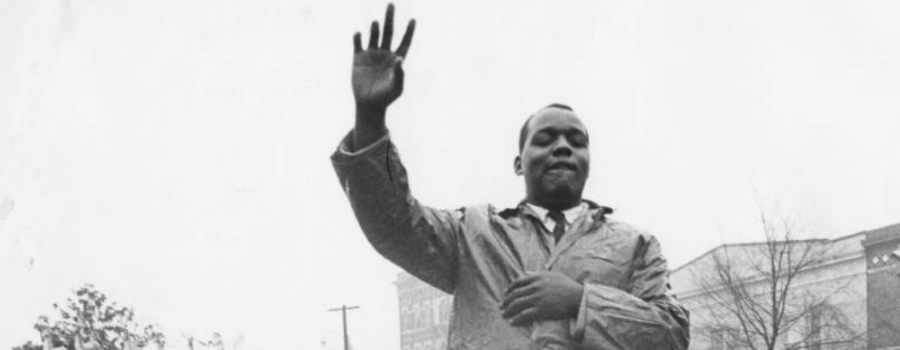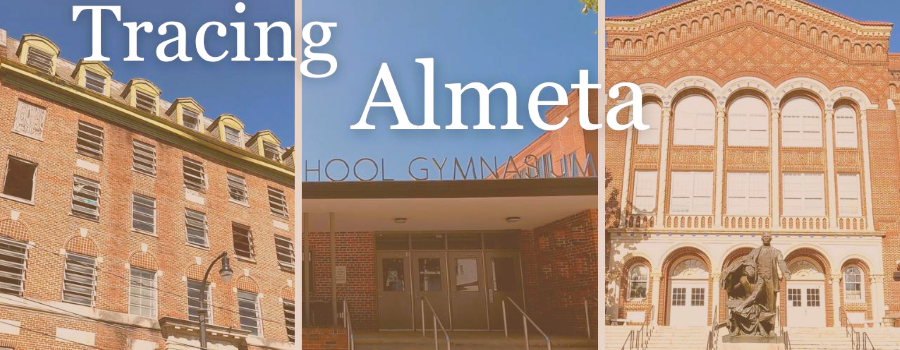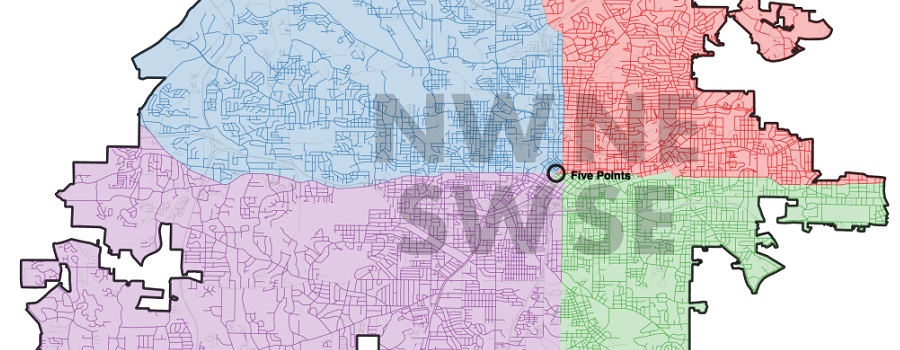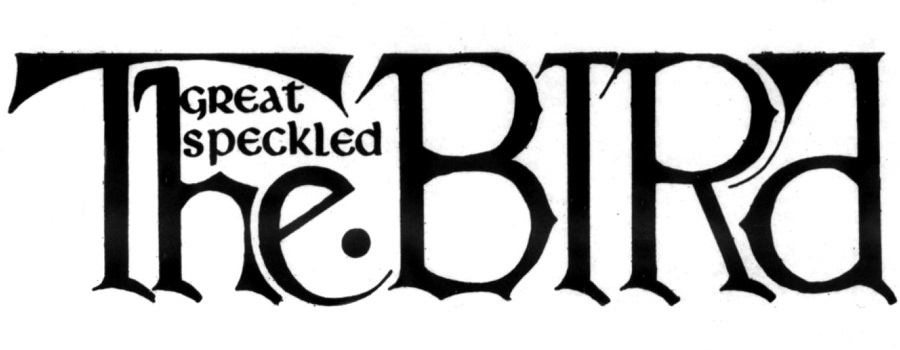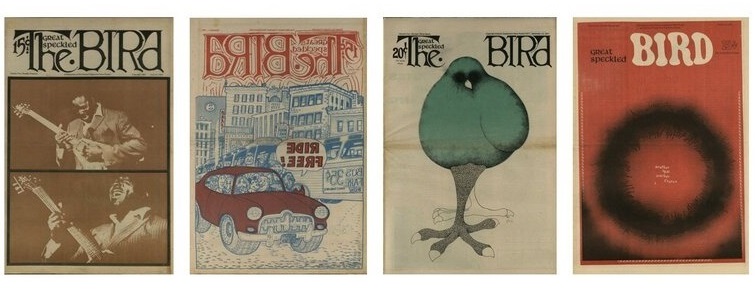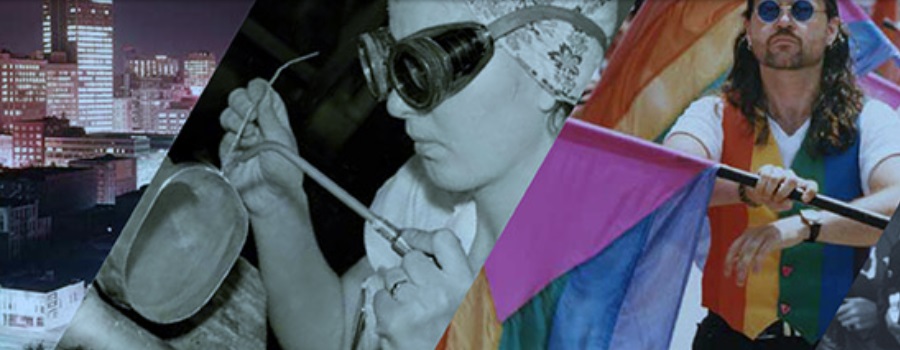
Founded in 1913, Georgia State University grew as it supported the educational needs of Atlanta and the state of Georgia. Originally an evening program intended for the Atlanta business community, the school achieved university status in 1969. With this new phase of academic growth, the administration focused on expanding the University Library’s ability to support advanced research. The Library’s Special Collections and Archives launched formally in 1971, with the mission of collecting rare and unique primary source material to support teaching and scholarship. Our first collections directly engaged the research needs of our faculty and students focusing on the people, communities, and events that shaped modern-day Atlanta, Georgia, and the New South. This focus on documenting the sometimes contentious, too often racist and sexist, but always fascinating story of modern-day Atlanta has led us to seek out and preserve the stories of everyday people. The stories maintained in our archives are not just of the powerful and famous, they are the stories of everyday people who recognized injustice and organized their peers, family, coworkers, and lives around rectifying that injustice and making Atlanta a more equitable city. Fifty years ago, our collections started with one box and a single collecting focus on southern labor unions. As our collecting areas have grown from one to nine, so has the department. Today our collecting areas — Southern Labor, Photographs, Women’s, Gender & Sexuality, Music & Radio Broadcasting, Social Change, Rare Books, Pulp Literature, and University Archives — consist of 8 miles of materials and several terabytes of digital content. Georgia State’s Special Collections & Archives gives researchers an in-depth view of life in 20th and 21st Century Atlanta and the Greater Southeast Region. This expansion of collecting has been possible only through creating connections to passionately engaged community partners. From the LGBTQ Institute and We Love BuHi to the Atlanta Journal Constitution and the AFL-CIO, Special Collections builds relationships with communities all over Atlanta and the South. The collections entrusted to us document the stories, accomplishments, and struggles of those communities. Bridging Communities introduces a few stories found in our collections, such as the women who organized domestic workers for basic work protections; a woman who recognized a need to support families of incarcerated mothers; a sanitation workers’ strike protesting continued discrimination in hiring and promotions, poor working conditions, and low pay; women fighting for equal rights; the University’s struggle with racial tensions on campus; a grassroots campaign to retain the musical director of the Atlanta Symphony Orchestra; and organizations working to assist the homeless and other marginalized groups. This exhibit is a testament to the important role archives play within the communities they serve.
- Creator
- Georgia State University Library, Special Collections & Archives
- Format
- Category
- Advocacy & Social Change, Arts & Culture
- Share
 Georgia State University Library
Georgia State University Library
